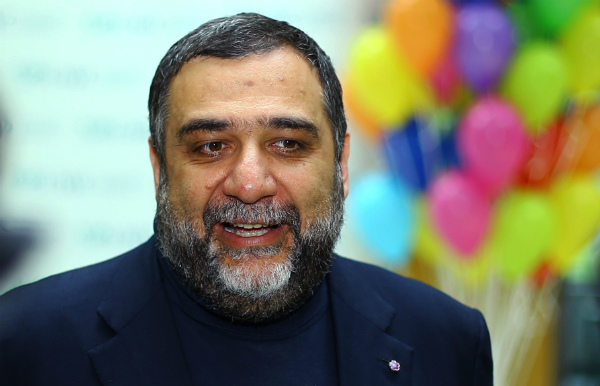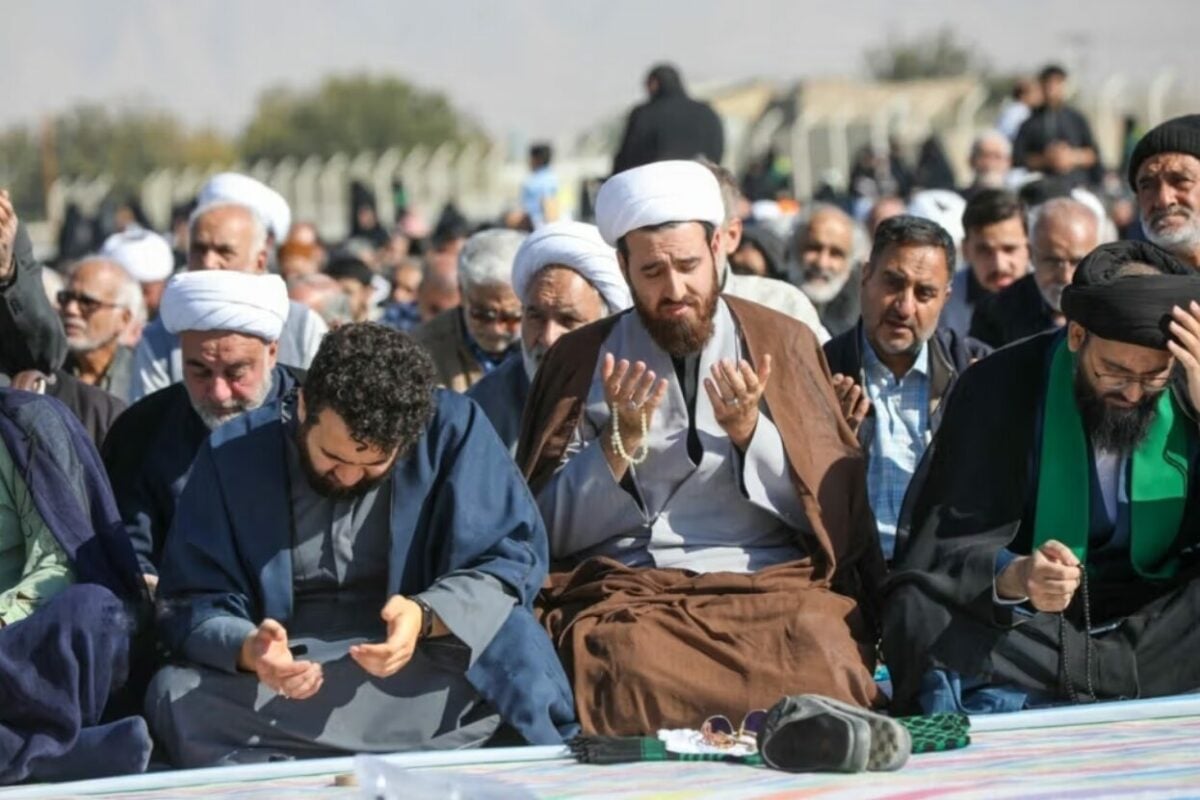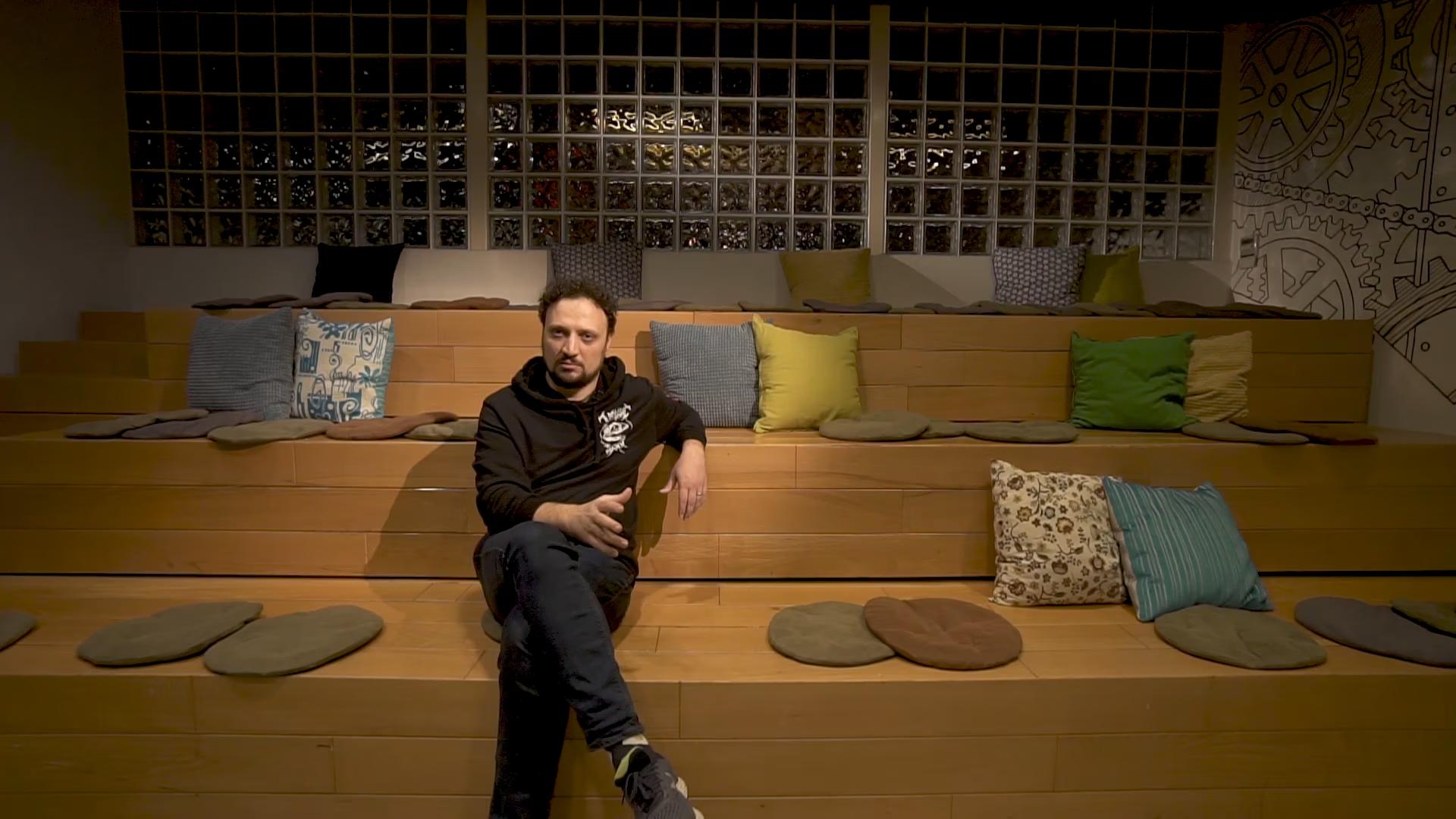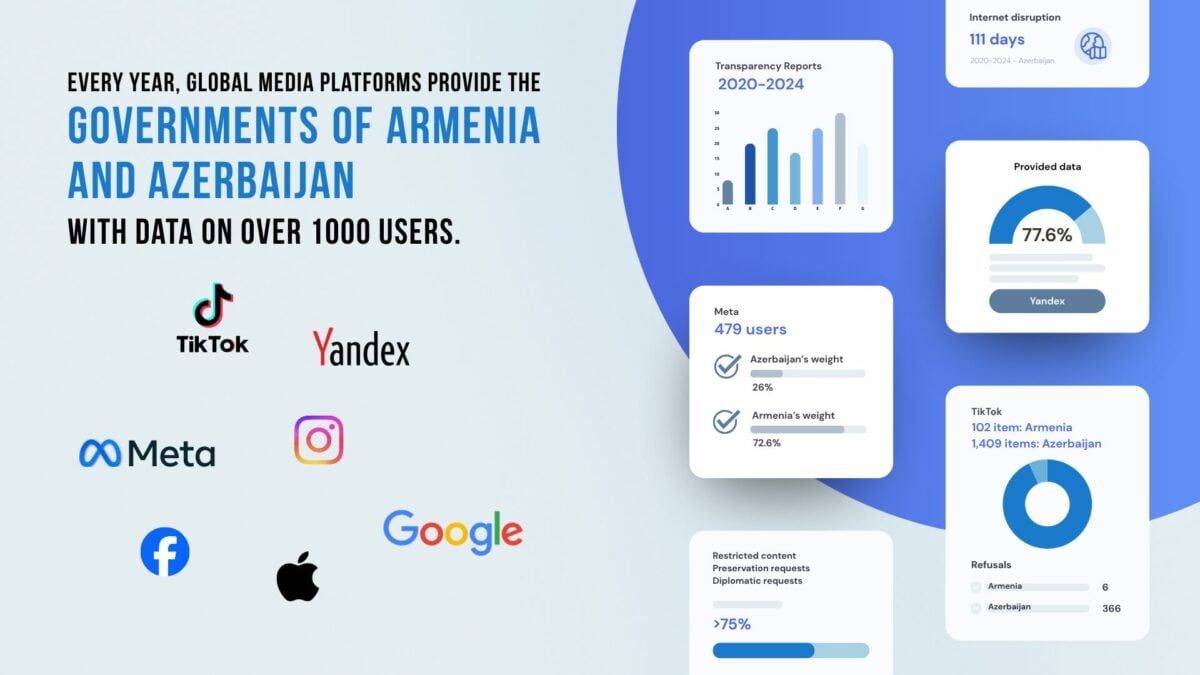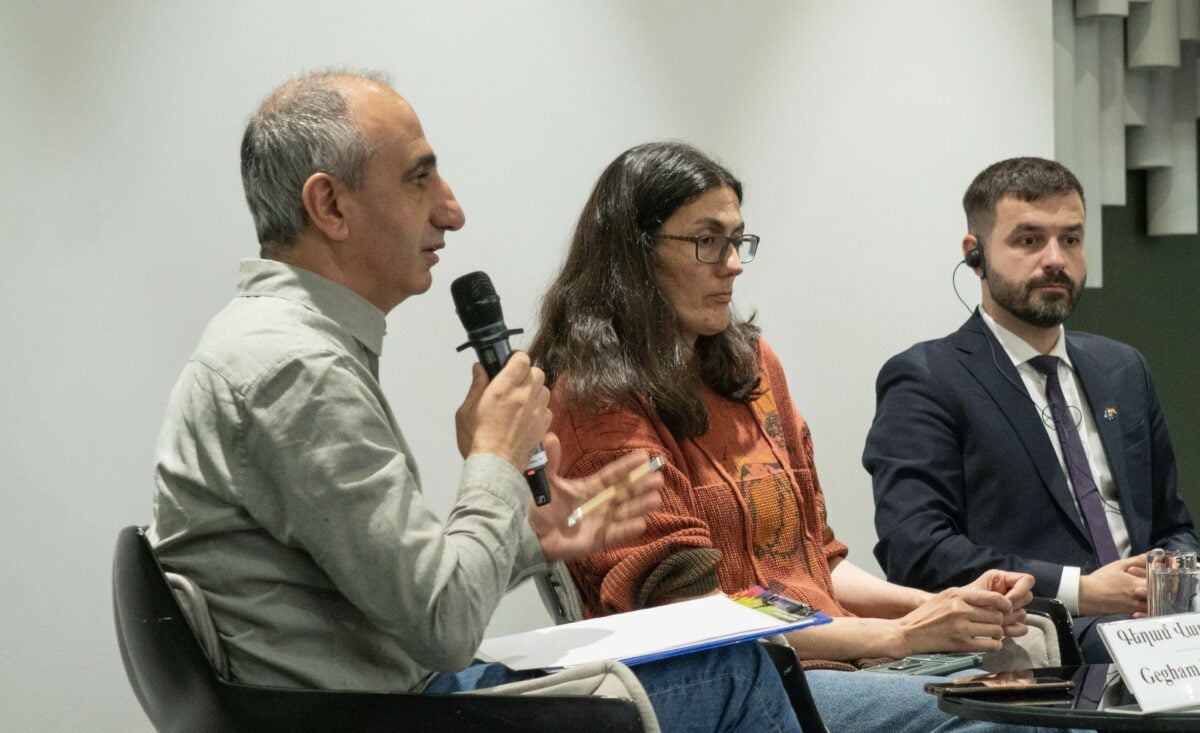With his various initiatives in Armenia, ambitious and requiring large investments, it seems that entrepreneur, philanthropist, and co-founder of IDeA Foundation Ruben Vardanyan is trying to return to local Armenians the charm and advantages of living with wide prospects and long-term plans.
IDea Foundation’s various projects, UWC Dilijan College, the Wings of Tatev, and the large-scale 100 Lives project, according to Vardanyan, began from a dream.
“It’s a simple dream: I want people in Armenia to be happy to live, grow, and create [here],” he says, being confident that there is no potential greater than a nation that faces the same direction and has the same desire.
Vardanyan remarks that Armenians have always strived to follow the best examples (in education, art, business, communications, and other industries), but they now live fairly enclosed and with narrow expectations.
Striving for the best and aligning yourself with the best is that propulsion that, regardless of the circumstances and social issues, presumes knowledge. Simply put, if you possess information and have a purpose or dream, you can’t allow yourself to work sloppily.
Vardanyan finds that this same approach works in not only business, but also journalism, where likewise exemplary models are needed.
Each news outlet and journalist defines these models for himself, trying to see further than the localized environment and align his own work with international standards.
All of your foundation’s initiatives derive from local places, far from Armenia’s capital. For example, the school in Dilijan. Is this as a matter of principle?
Of course, compared to Yerevan, Dilijan is a small city, but I think the existence of an international school is a big event for this city.
The first goal is the revival of the city of Dilijan as a center for culture and education, as well as health. Our objective is to create unique anchors in Armenia : Tatev-Goris, Stepanakert-Shushi [in Nagorno-Karabakh], Dilijan-Gyumri. We hope that with these anchors we can boost the development of all of Armenia
The foundation supported and funded also the Armenian participation in this year’s Istanbul Biennial and the Venice Art Biennale in the past, where Armenia’s national pavilion “Amenity” won the Golden Lion award [this year]. If we can be so blunt, why did you do it?
This decision was more so connected to the centenary of the Armenian Genocide. We believe that especially this year it’s necessary not only to talk about the tragedy that happened a century ago, but also to remember and remind how much, as a nation, we’ve given to the world. And we can still give.
|
“In my opinion, that’s our problem, that we’ve stopped comparing ourselves to the best. Perhaps I’m wrong, but the same situation exists also in the [local] media industry, which is mainly confined to local issues” |
In this sense, it’s very important to support contemporary artists (both Armenians and non-Armenians) who in their work address the presence of, place occupied by, and contributions of Armenians in the Ottoman Empire.
This year it was very important to realize who we are, what happened to us, and what paths we choose.
The 14th Istanbul Biennial’s theme was “Saltwater”; that is, the reality and dreams that are tied to the sea. It seems we love to dream (for example, about “an Armenia from sea to sea”) and often forget about more earthly and realistic goals. Don’t dreams interfere with living in the present?
I can firmly say that dreams only help. Especially ambitious dreams, when the dreamer looks not back, but forward. I, for example, don’t see the dream with which the entire smitten nation is looking forward. I don’t mean the melancholy longing for the past and “an Armenia from sea to sea” (we’ve had Tigranes the Great; we were the first Christians), I more so want to see the expectations and goals that are directed toward the future.
It seems we tie all our successes not to the future, but with the past. But that means we don’t have a dream, which I consider quite dangerous. After all, if we truly dreamt of an Armenia “from sea to sea,” we should have acted, right? At least have taken small steps to achieve our dream. But we don’t because we don’t have a dream.
I, for example, dream to see Armenia as a prosperous country — all my initiatives are steps to achieve that dream, bricks that build the dream. Neither the Dilijan international school nor the Tatev aerial tramway are not an end in itself; I myself am not a zealot of aerial tramways. I simply want Armenia to become a country in which people will be happy to live, grow, and create.
Historically, our nation is accustomed to maintaining itself, withstanding the circumstances in order to survive. We expect a great deal from the world (for others to understand us, take pity, condemn the perpetrators), but it seems we ourselves don’t try to become equal with the best examples of the world.
Of course, I’m not waiting for Turkey’s treatment to change after the biennial, but there are now difficult processes taking place in Turkish society, and many are trying to redefine what happened and what was done on their side.
I hope that the biennial will become that small brick that will help Armenia. It’s just, the problem is that all the bricks must be tied and combined together. The dream cannot be achieved if one initiative-brick doesn’t pull or take the others along.
In any case, I can’t work any other way.
And when the Dilijan school is considered the best European architectural structure, and the school is the largest in the region, Armenia positions itself in the international arena as a center for education. It sets an example. Perhaps a very ambitious example, but why not?
School education in Armenia is in quite a miserable state. Are you familiar with the teaching model, curriculum, and textbooks of ordinary secondary schools? Compared to them, the Dilijan school leaves an impression of a beautiful and autonomous island.
Of course I’m familiar with the state of the schools — don’t think I’m detached from Armenia’s problems.
But you have the wrong impression: the Dilijan school is not an island at all. It’s more so a model that with its high standards can be an example for the other schools.
In general, there are two ways to make changes. Thousands of schools in Armenia can be changed immediately, which requires enormous resources, not to mention the treatment and will of the state.
Or you can create an exemplary model, which will set the standard.
| “This year it was important to realize who we are, what happened to us, and what paths we choose” |
There are internationally accepted standards in any sector. And the Dilijan school, on the basis of these high standards, is proposing a new teaching methodology. Many programs will be implemented in the Dilijan school that will allow for vigorous cooperation with other secondary schools.
You must understand, though, that two years for establishing a school is not enough for changes to become obvious. We’re talking about the long road ahead, at least 20 years. Perhaps even 30. Generally, any major change in the educational sector is implemented slowly.
Can we assume that your attention will be directed also to other socially responsible sectors? For example, the media?
The media plays a great role in shaping and changing public consciousness, but at this stage, as a media project, we’ll limit ourselves with the 100lives.com website, which I think, with its structure and its content in six languages (the first of its kind in the Armenian media industry), reflects our expectations.
Armenia presents its stories to the world, while simultaneously showing its connection to the world.
What are the future plans for the website? Will the collection of stories continue or will new ideas emerge?
More interesting stories will emerge.
The other important component of the 100 Lives project is the Aurora Prize. The prize will be granted to those who save the world today in Sudan, Rwanda, Syria. It’s an opportunity to be grateful, to be open to the world, which is quite precious for us Armenians. We can become a capital for humanitarian values.
The problem is that many in Armenia are withdrawn and focused only on themselves. I think we have to change not only ourselves, but also the perception of us that’s been created in the world. We’re missing from the world map.
And if we want [the world] to hear us and know about us, diasporan Armenians to return to Armenia, and local Armenians not be wiling to emigrate and clean toilets in various countries around the world just so they don’t work in their own country, a country where standards actually operate must be created.
Even if a small business is established, it must strive for high standards, aspire to be the best. Otherwise, all the good intentions will remain local, without the potential to change the situation in the country.
The best examples must be seen in all sectors, at least to know that they exist. For example, you can’t open a good restaurant that will integrate high-quality dishes, a culture of great service, or, at the very least, a menu without typos or spelling mistakes, if you don’t have examples [to follow].
I believe in small businesses, but the small business that can’t or doesn’t want to learn from the world is doomed to fail.
In my opinion, that’s our problem, that we’ve stopped comparing ourselves to the best. Perhaps I’m wrong, but the same situation exists also in the [local] media industry, which is mainly confined to local issues.
Of course, I don’t live in Armenia, and perhaps I don’t have a good grasp of all the concerns of local Armenians who have issues of survival to address. But, all the same, I’m sure that if we don’t try to get out of this insular condition and local framework, nothing will change in our country.
Interview by Nune Hakhverdyan

